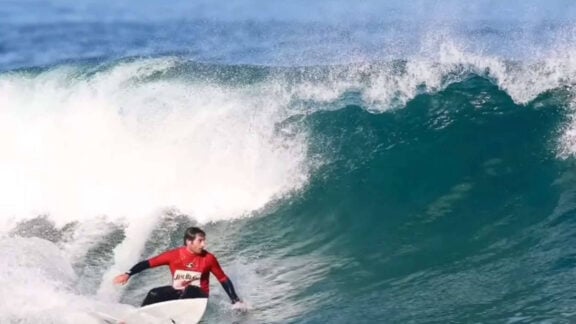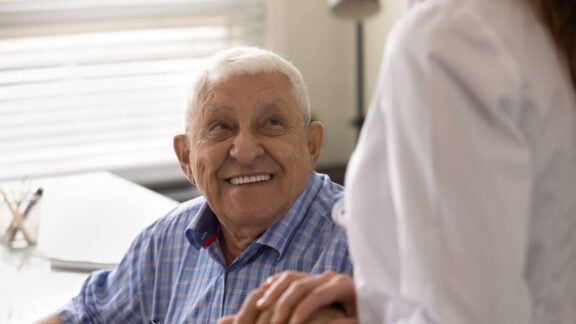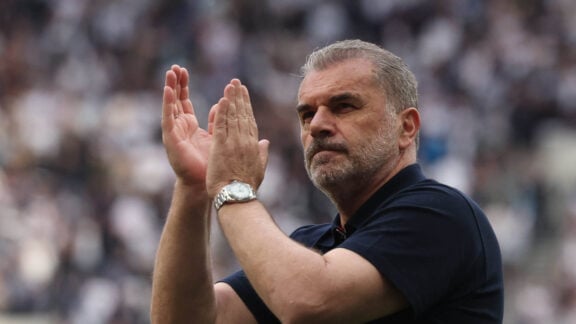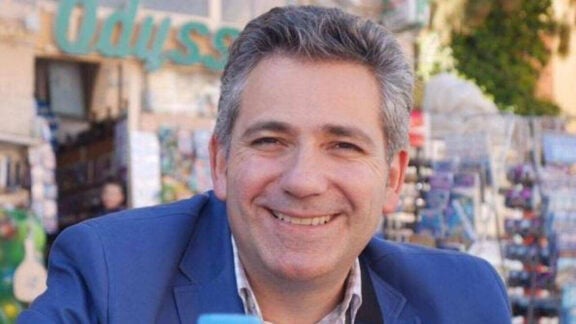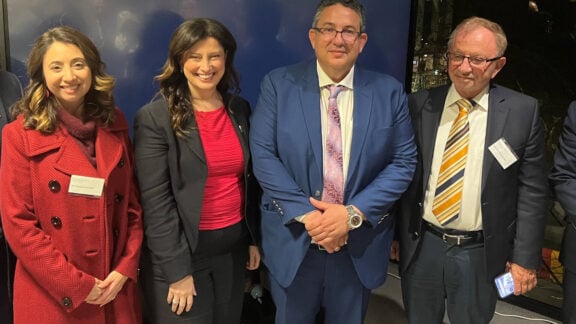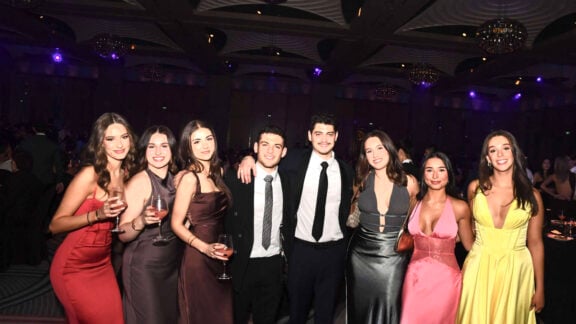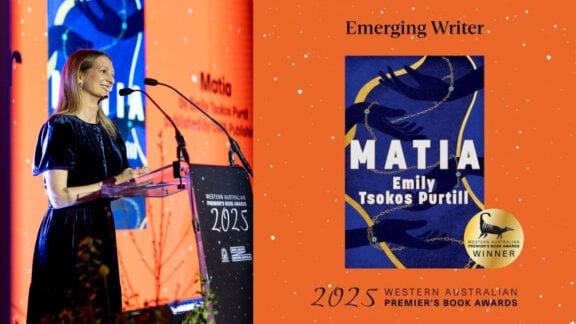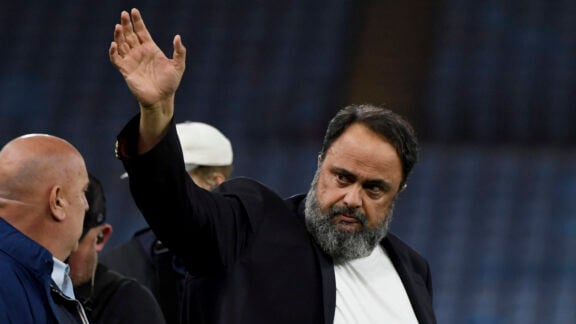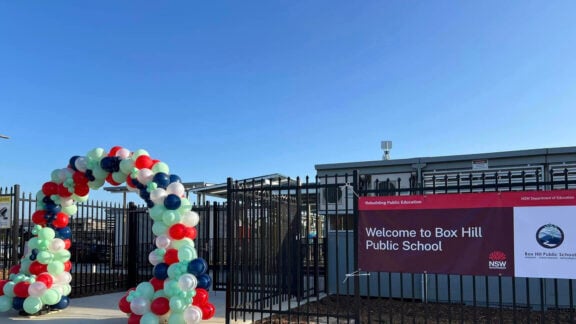“There is an alternative to the educational crisis we face,” Konstantinos Bouzikos, tells Neos Kosmos.
That is classical education based on Ancient Greek and Latin principles, according to Bouzikos, president and co-founder of the ACES (Australian Classical Education Society).
ACES is holding its inaugural event followed by a Q&A session on Thursday 9 May, at the Monash Religious Centre in Clayton between 7 and 8.30pm. The event will explain the philosophy behind this pedagogy, how methods can be implemented in the classroom and how the benefits of this educational movement from the past is being rediscovered around the world and in Australia.
The inception of ACES, as well as the vision that led to the creation of this pioneering initiative emerged after a meeting of educators in Melbourne who were disappointed with the state of education in Australia during the 2021 lockdowns. The initial discussion expanded to include parents, entrepreneurs, and other citizens who desired an improvement in the field that in spite of living in an era of fast technological advancements appeared to be severely unprepared and inefficient. Contacts were made through the internet and meetings with educators in the United States who already had experience with classical schools. “The American perspective and experience in the field of classical education, which goes back about 40 years, were a significant source of inspiration and information for the creation of ACES. There are 700 classical schools there […] America at this moment plays a leading role in the spread of classical education,” says Bouzikos.
WHAT IS CLASSICAL EDUCATION
“Students attending classical schools read Homer, Plato, and Aristotle in their language, but there are also some classical schools in America where they read the texts in ancient Greek,” Bouzikos explains.
In addition to the emphasis on ancient Greek and Latin texts, the program also includes the incorporation of the so-called “liberal arts,” such as grammar, rhetoric, dialectic, arithmetic, geometry, music, and astronomy, aiming at the holistic education of students.
“We are no longer talking about mathematics, philology, biology as individual subjects, but about an integration of all these arts as a whole. That is the key,” says the ACES president.
“Don’t our children deserve to learn truth, goodness and beauty over competing relativistic terms? Shouldn’t education be based on time-tested methods rather than social and political fads?” he asks.
DIFFERENCES BETWEEN CLASSICAL AND CONVENTIONAL EDUCATION
A key characteristic of ACES is the difference in approach to education compared to modern schooling.
While modern schools often focus on preparing students for the job market, ACES aims to cultivate virtues and wisdom, seeking to develop good people distinguished for their humanity and ethical integrity.
“In a classical school, we want to cultivate virtues, temperance, prudence, wisdom, justice, moral virtues, that is,” Bouzikos tells Neos Kosmos.
“In other words, the difference between a classical school and a modern one is that today’s modern school simply wants to create students who, when they graduate, will find a suitable job and simply function as useful citizens in an economy. They are not interested in the cultivation of the soul, they are not interested in the cultivation of the character of the human being; they are interested in the person becoming an economic entity.”
Bouzikos further argues that advocates of classical education focus on the importance of developing wisdom, consciousness, and justice in students. By promoting critical thinking and the negotiation of ethical values, classical education creates a solid foundation for personal development and the student’s integration into society as an active and conscientious member.
“We want to create good people who have wisdom and prudence. We want the student to be critical, to ask questions, and not just to take orders,” he says.
THE ROLE OF EDUCATORS
Referring to the role of educators in the context of classical education, Bouzikos says that they are the ones responsible for transmitting the values and knowledge related to classical education, therefore must be role models of good behavior and convey these values to their students through their example.
“In order for schools that adopt classical education to be staffed and operate effectively, educators must have a level of specialisation and training. Recognising the importance of this need, ACES offers seminars to educators interested in learning more,” he explains.
Through these seminars, educators can familiarise themselves with the principles and methods that govern classical education.
“One example is the Socratic dialectic, a teaching method that emphasises the development of critical thinking and the promotion of dialogue in the classroom. Educators must be familiar with these methods and apply them effectively in order to offer a rich educational experience to their students,” he says.
Beyond the technical aspects of the educational process, educators must also have ethical principles and values that will inspire their students, he stresses adding that “classical education aims not only at acquiring knowledge but also at the development of character and moral superiority”.
CHALLENGES AND SOLUTIONS
The road to a broader inclusion and implementation of classical education in the Australian educational system is uphill and rocky, though not impassable, Bouzikos says.
There are currently seven classical schools operating in Australia: four in Queensland, two in Perth, and one in New South Wales. All officially recognised independent schools.
“Each state in Australia has its own Ministry of Education. Each ministry has its own terms and regulations for creating a school. Victoria has the strictest regulations. Of the seven classical schools, four operate in Queensland, where there are not such strict restrictions,” he explains.
However, there is a way for schools that wish to incorporate classical education into their curriculum, “they just need to show the Ministry of Education under which they fall that they are following the curriculum and the mandatory curriculum. From there, the classical part of the studies is included in the extras offered by the school.”
THE COMMUNITY HOLDS THE KEY
Bouzikos says that parents and communities must support this effort and show their interest in classical education.
“With increasing demand and support from the community, educational authorities and ministries of education are more likely to recognise the importance and value of classical education and to incorporate it into the educational system,” he pinpoints.
This is why ACES is developing various actions aimed at informing and raising awareness of the public about the classical education movement.
“Our action is not limited to the Internet and the monthly newsletter,” he stresses.
“We have also organised two online conferences in collaboration with experts from the United States, who have provided us with valuable advice and material on classical education. Now, our collaboration is expanding to include a visit from one of the presidents of these associations to Australia for public lectures in three major cities: Melbourne, Sydney, and Brisbane. This will happen for the first time, and we are looking forward to sharing their knowledge and experiences with the Australian community,” says Bouzikos, adding that he has already started contacts with Greece regarding the classical education movement.
“I am proud of my Greek heritage and I want to try to do something for the children as long as I live. To love culture, philosophy, because – let’s face it – the ancient Greeks struggled with big questions, like what is justice and love.”
When: Thursday, 9 May from 7pm to 8.30pm
Where: Monash Religious Centre, 38 Exhibition Walk, Monash University, Clayton, Melbourne
Info & bookings: contact@classicaleducation.org.au

